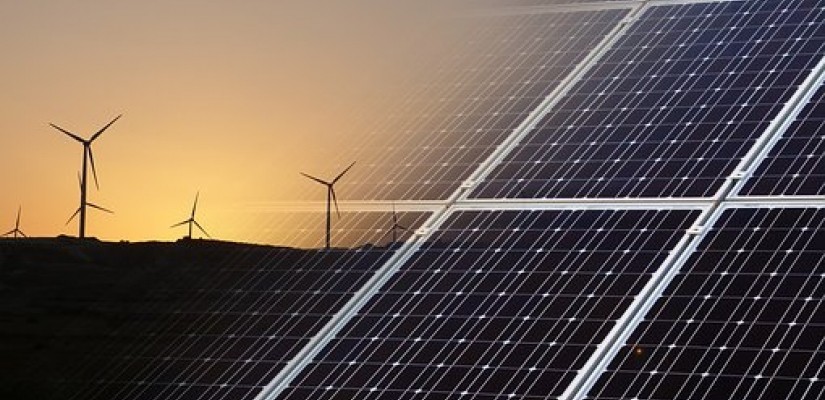
Benefits of the European Super Grid
Support for implementation of the ESG has grown due to its many proposed benefits. According to reports, the ESG would capitalize on renewable energy sources, limiting Europe’s dependence on fossil fuels and addressing climate change concerns. Additionally, pan-European energy trade and decentralized renewable energy generation across the continent through an HVDC-enabled super grid allows for Europe to meet a growing energy demand, a greater diversification of energy sources, and ultimately cheaper energy for citizens. The ESG could also provide greater energy security for the continent.
Addressing Climate Concerns
Advocates of the ESG argue that the proposed super grid is the best way to reach renewable energy goals established by the Paris Climate Agreement while also meeting a growing demand for energy. This is made possible because the ESG would run predominantly on renewable energy. In November 2017, researchers from Finland’s Lappeenranta University of Technology demonstrated that a 100% renewable electricity super-grid not only possible but also more cost-effective than a fossil fuel-reliant system. According to a report by Greenpeace, the ESG could allow the EU to reach a 45% renewable energy share by 2030. To put this in perspective, in 2017, just 17.5% of energy consumed in the EU came from renewables. An increase in available renewable energy sources would also greatly limit the EU’s dependence on imported fuels. Furthermore, the ESG would likely enable Europe to reach net-zero greenhouse gas emissions by 2050.
The Challenges Ahead
While the ESG has its many benefits, several challenges impede the realization of this ambitious project. Firstly, the most apparent obstacle is funding for the colossal project. Construction of the ESG could cost trillions of dollars requiring substantial investment. Perhaps the most troubling concern is that of interdependency and trust. Some countries would be reliant on energy coming from outside their borders. This presents some considerable geopolitical concerns for those worried that withholding energy supply could become a tool to gain leverage. The ESG would also present the need for a joint regulatory policy on energy transfers. Lastly, the increasing popularity of electric vehicles may accelerate energy demand in the near future.
Conclusive Thoughts
While the ESG may require a great deal of time and funding to implement, the benefits cannot and should not be ignored. An energy grid that eliminates reliance on fossil fuels and is still capable of meeting rising energy demands presents an invaluable opportunity that should not be postponed.
